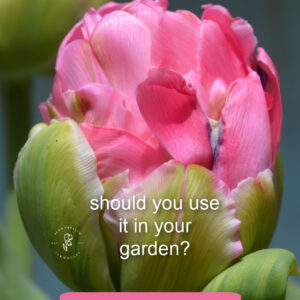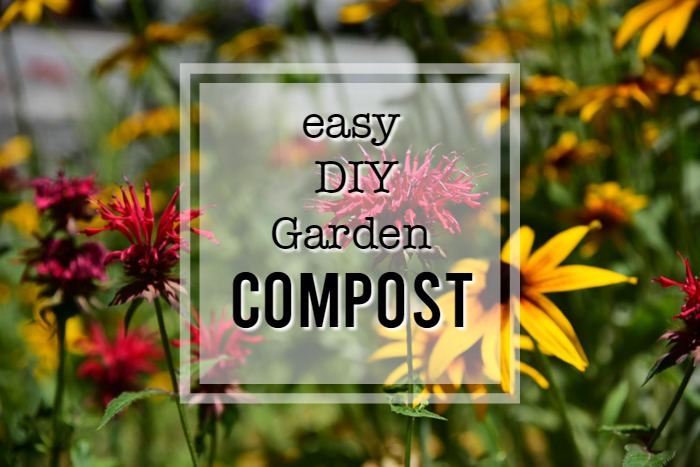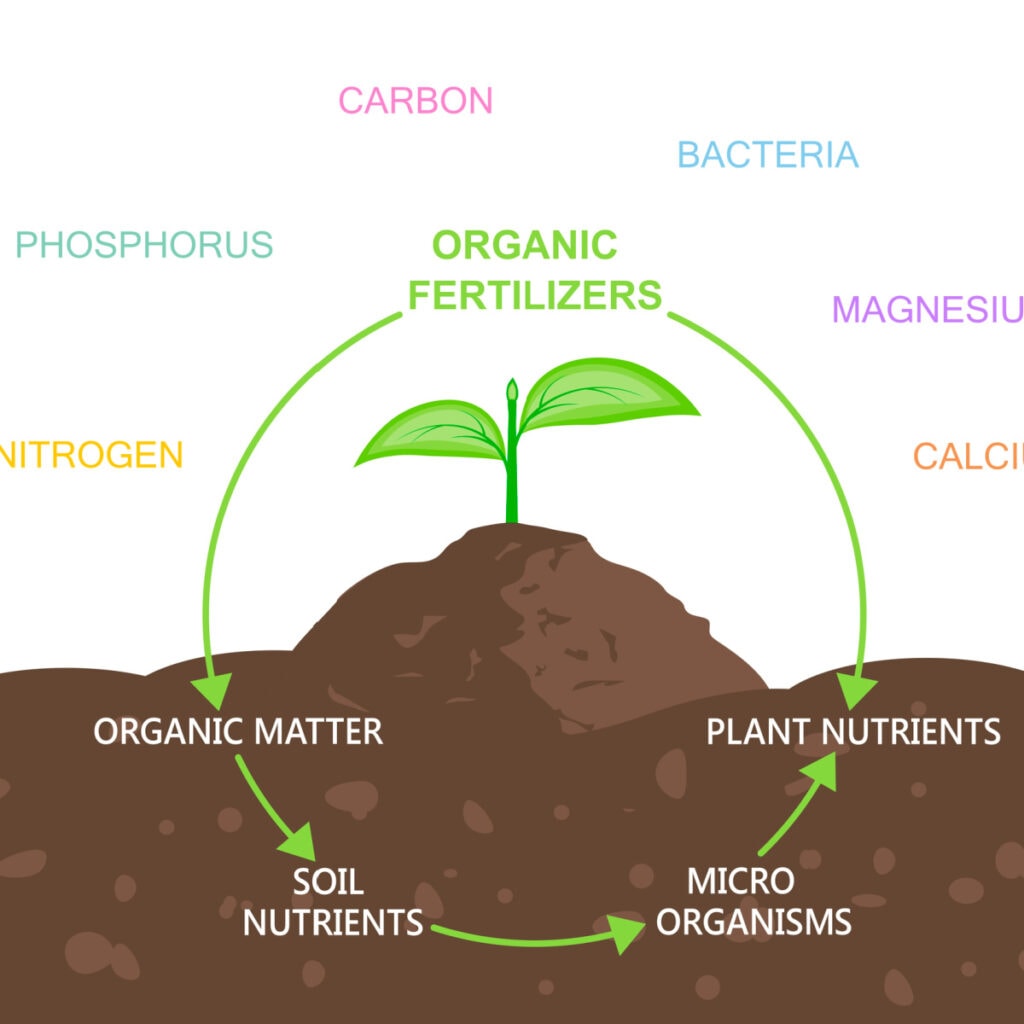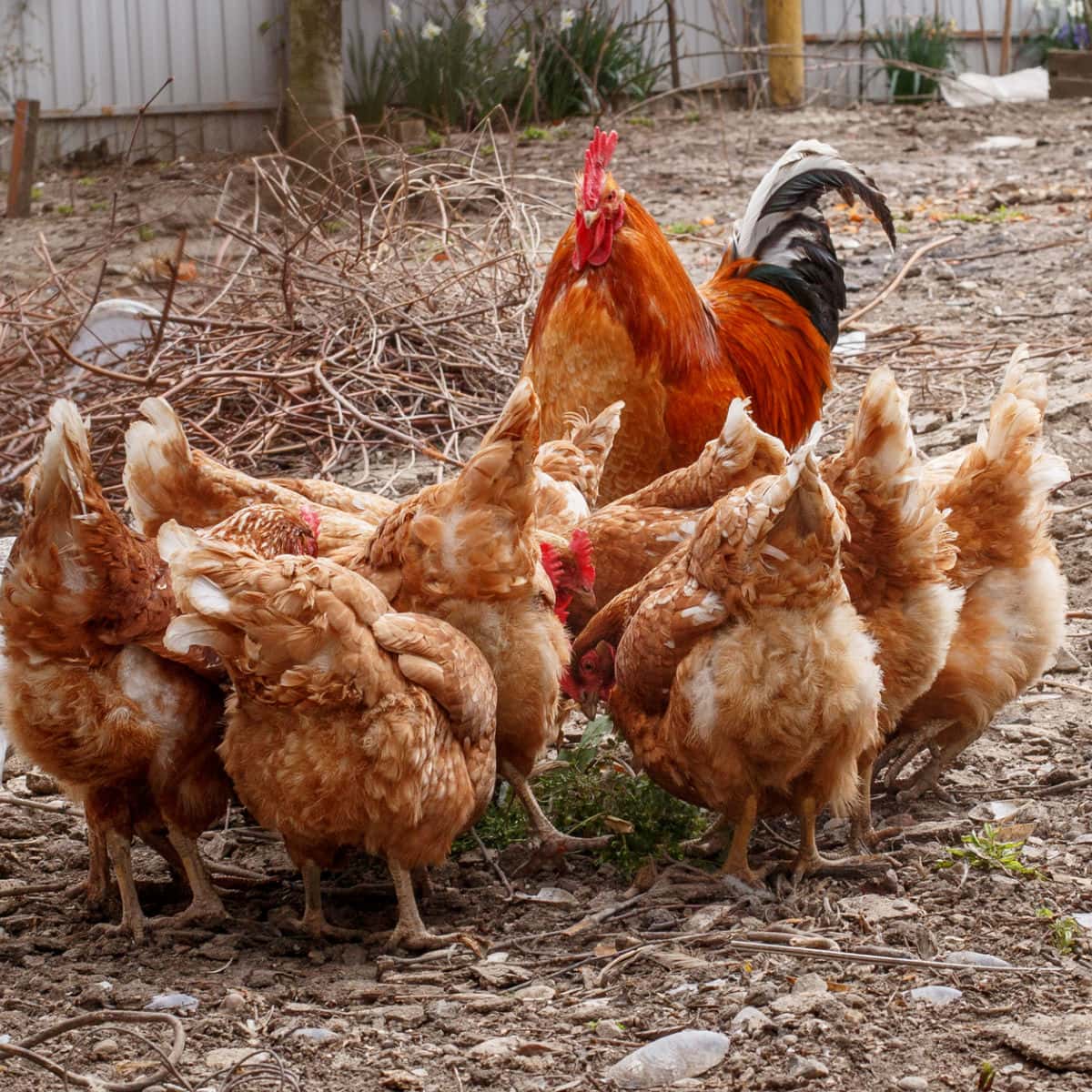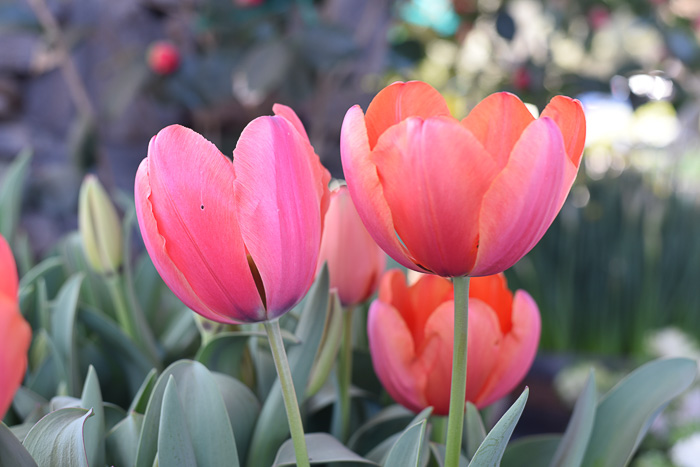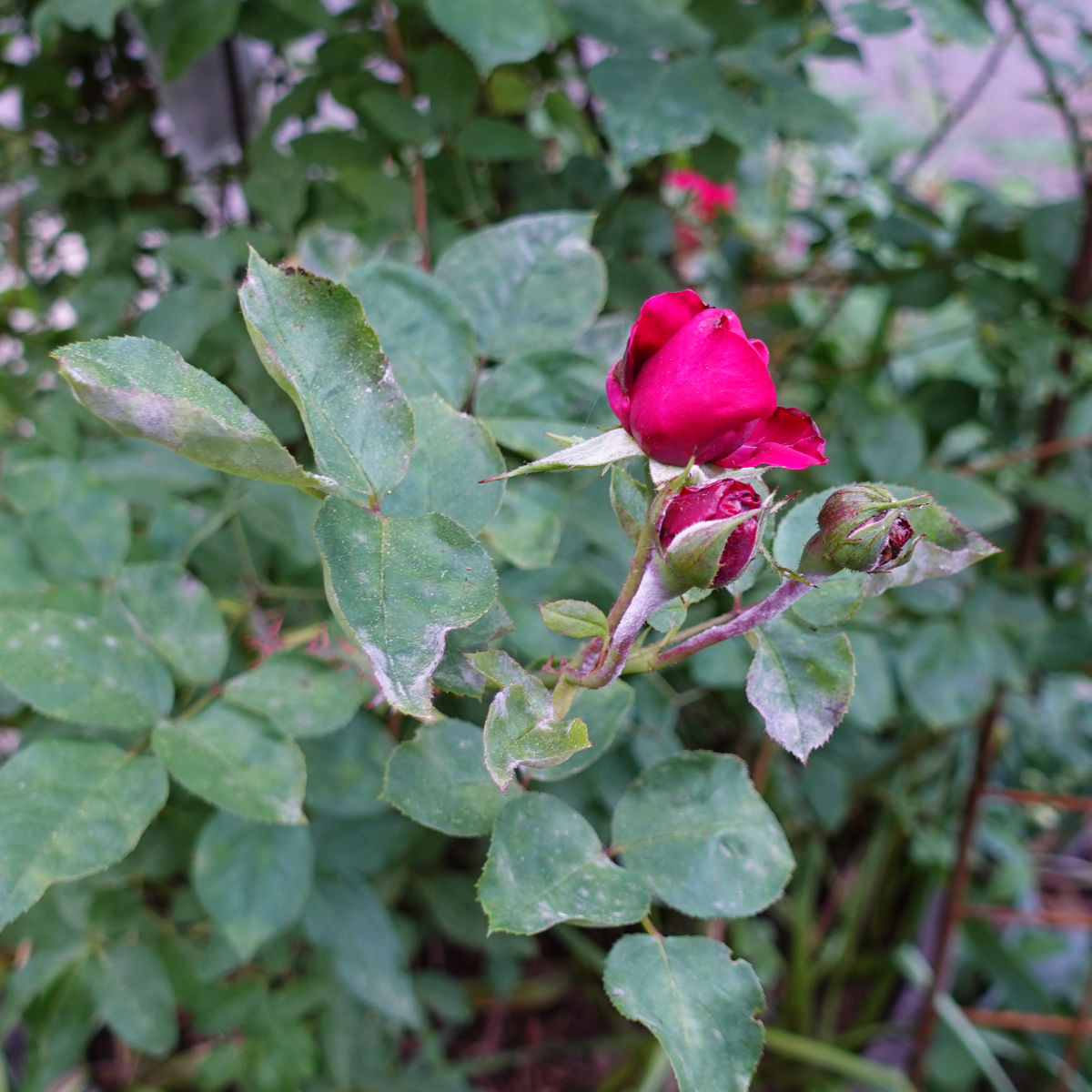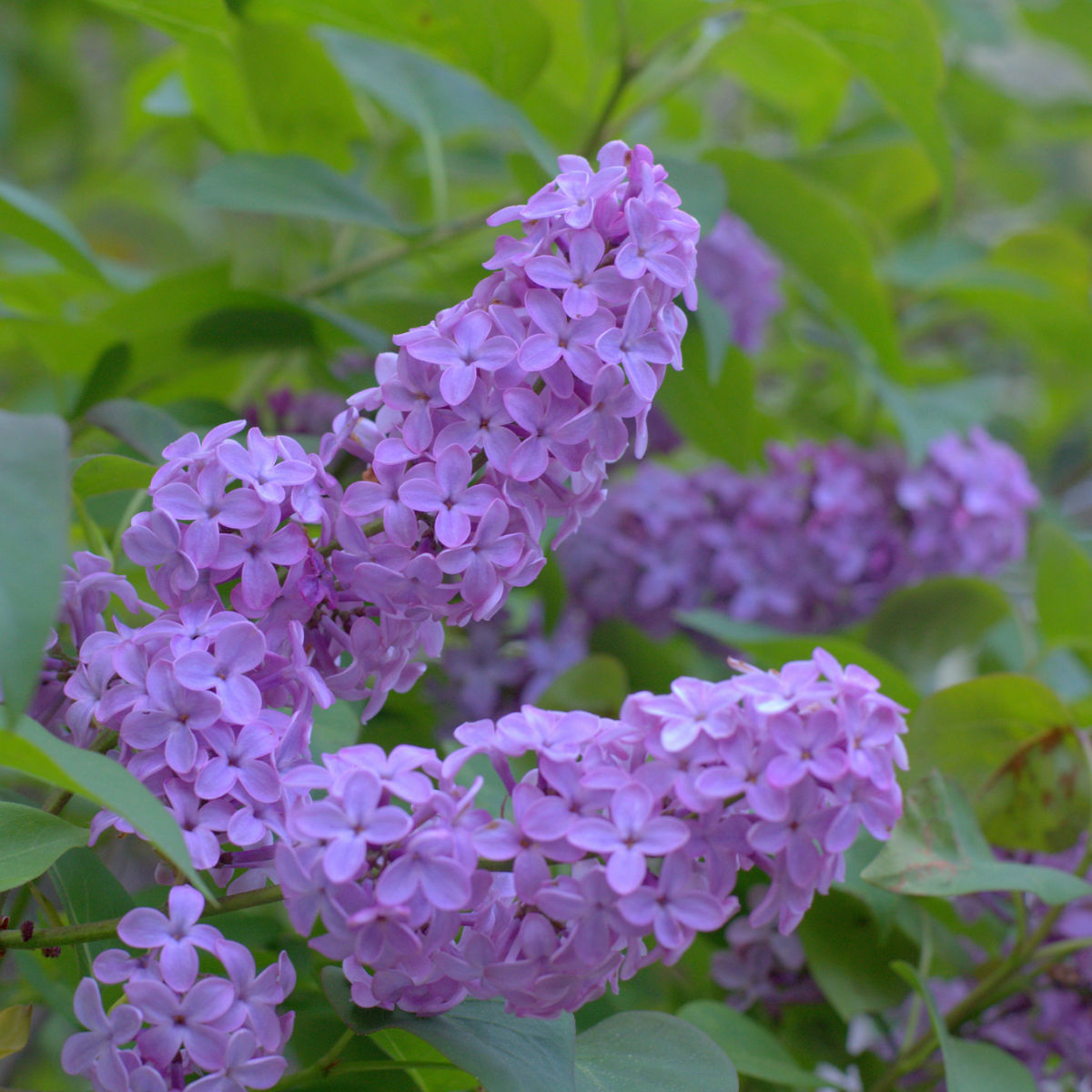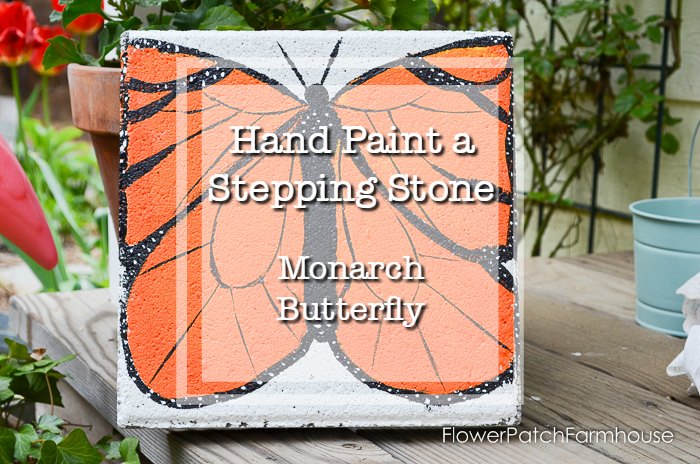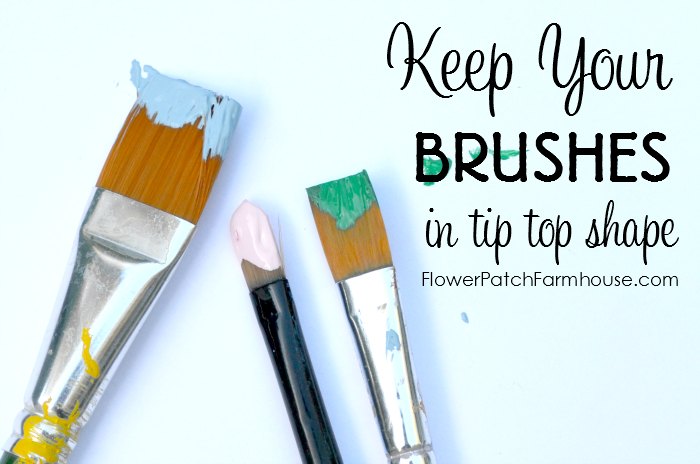Bone Meal, What’s the Harm?
The Myth of Using Bone Meal in Your Garden: Is It Any Good?
Got questions about bone meal for the garden? I did too and I went to great lengths to do some research.
As an avid organic gardener, I am always educating myself about the latest findings in natural gardening and what is fact or is really just something everyone has done and thus accepts it.
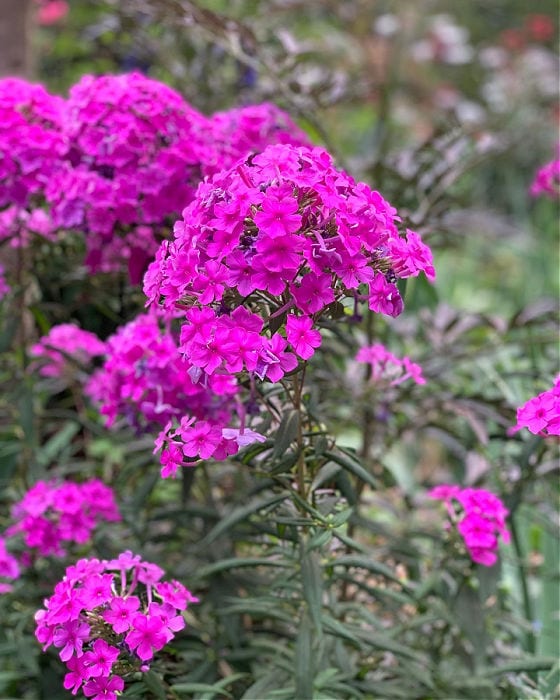
When it comes to gardening, many well-meaning folks are often on the lookout for natural and effective ways to nourish their plants and promote robust growth.
Amidst a sea of gardening advice, one age-old practice has remained popular for decades: the use of bone meal as a fertilizer.
Bone meal, derived from ground-up animal bones, is believed to be rich in essential nutrients for plants.
However, as we delve deeper into the world of gardening, it’s essential to separate fact from fiction and examine the truth behind the myth of using this amendment in your garden.
More garden myths you will find promoted.
All the best garden tips
Popular Garden Myths
I have seen a lot of myths and misinformation touted as gospel on the internet for garden tips and tricks. Many can be harmless but others are not!
What is Bone Meal Fertilizer?
Bone meal fertilizer is a byproduct obtained from the processing of animal bones, usually sourced from slaughterhouses or meat processing plants.
The bones are dried and then pulverized into fine powder or granules, which are subsequently used as an organic fertilizer.
Advocates argue that it supplies plants with a natural source of phosphorus, calcium, and trace minerals necessary for healthy growth.
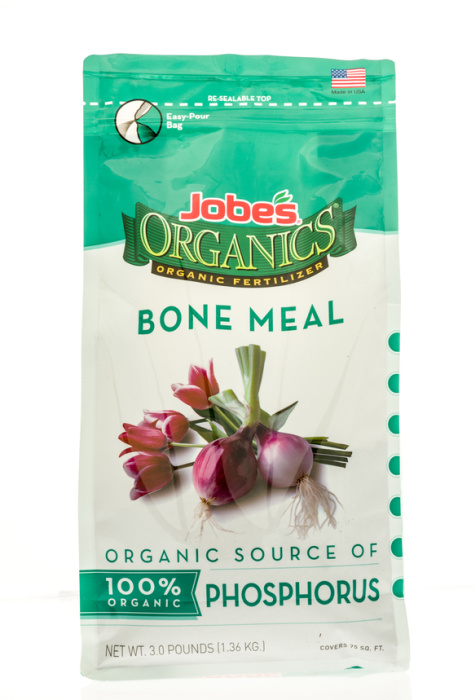
Phosphorus and Calcium
Both calcium and phosphorus are required for plant growth, but both (and especially
phosphorus) can cause problems if they occur in high concentrations.
It is important to understand that neither one nor any other mineral, will “stimulate” plant growth beyond what is normal for a particular plant.
A much-touted myth about calcium is in the war against Blossom End Rot.
Is Bone Meal Necessary?
I have found a plethora of new blogs and YouTube channels erupting on the scene in the past few years. Many found that gardening is a popular subject, yet they know little to nothing about it and begin spouting the common misconceptions widely held.
Or they are connected to fertilizer companies that use them for their marketing. There is nothing wrong with wanting to share and make an income from a blog or video channel.
I do. But they don’t always educate themself on the facts and promote things that can be a waste of money at best or a detriment to your garden at worst.
The claim we are talking about today is that phosphorous, the main ingredient in bone meal, stimulates root growth and supercharges flower blooms.
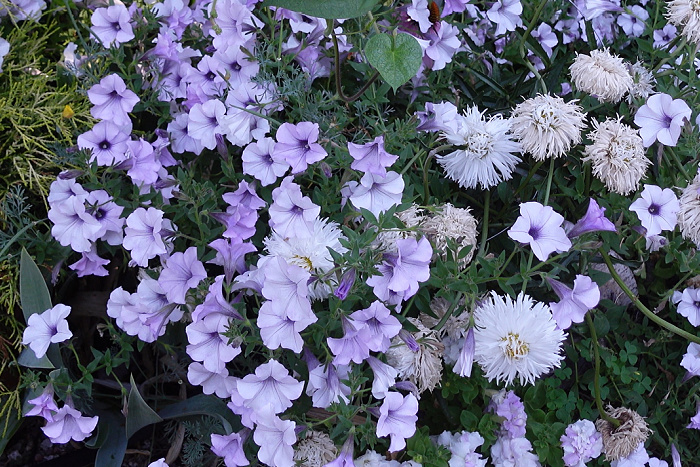
Yet if you dig into the science, you’ll discover that in most soils, bone meal or adding phosphorus is completely unnecessary.
Most garden soils in North America have sufficient amounts of phosphorous and calcium. That includes your soil!
Since Bone Meal is Natural, What is the Harm?
Well, here’s the deal, an overabundance of soil phosphorous can actually harm your plants!
Adding bone meal to a planting hole can actually interfere with the good fungi that you want to engage with the roots of your plants for their best health and growth.
The phosphorus from bone meal inhibits growth of mycorrhizal fungi which is what the plant uses to uptake water and nutrients.
When you inhibit the relationship between the mycorrhizal fungi and the plant’s roots you interfere with its ability to grow properly. This also will contribute to transplant shock.
Adding mycorrhizal fungi to phosphorus-heavy soil does not cure the issue that has been created by adding bone meal unnecessarily.
Plus, bone meal tends to attract burrowing animals or even the neighborhood dogs to dig it up to eat, which is not a good thing. It can be toxic to dogs and cats.

What Fertilizers Should You Be Aware Of?
Bulb fertilizers will often have bone meal in them. You will see folks touting adding a bulb fertilizer to the soil or in the hole when they are planting daffodils and tulips.
Most bulbs you purchase have already stored more than enough energy to produce blooms in Spring. You don’t need to supplement them.
So if bone meal is not needed and can actually be harmful why are there so many products available?
Remember, companies are not in the business of educating you, they are in the business to sell you something.
And using influencers (blogs, social media, and videos) is a lucrative way to expand their marketing thus their bottom line.
Environmental Concerns
In recent years, concerns have been raised regarding the use of bone meal in gardening due to potential environmental impacts.
There is the potential risk of contamination from the presence of heavy metals, like lead and mercury, or pathogens in bone meal, although commercial products generally undergo processing and sterilization to mitigate these risks.
Then there is the evidence that sterilization actually depletes the bone meal of the nutrients that it is supposedly filled with. The jury is still out on that bit.
Alternative Fertilizers
Gardening enthusiasts who are skeptical about the benefits of bone meal can explore alternative fertilizers that provide comparable or superior results.
For example, rock phosphate, which contains high levels of phosphorus, can be an effective substitute for bone meal. (but if you are not lacking in phosphorus then this is a moot point)
Other options include compost, manure, and fish emulsion products. These alternatives offer a wider range of nutrients and may have a more balanced approach to keeping a healthy soil microbiome which in turn will feed your plants what they need when they need it.
Make Your Own Compost
Making compost for a beautiful garden is fairly simple. Even small gardens can have a neat little compost bin tucked in a corner.
While the use of bone meal in gardening has been widely advocated, it is essential to critically evaluate its drawbacks.
While bone meal does provide phosphorus and other trace minerals, the addition of these nutrients is not as beneficial as commonly believed.
The potential environmental and toxic to pets concerns associated with bone meal should be considered.
Take the time to learn about composting and regenerating your soil. Before adding any fertilizer or much-touted garden amendment get a soil test done and see if your garden actually needs it.
Stop Fertilizing!
If you’re new to gardening, you might think that the key to a thriving garden is to fertilize, fertilize, fertilize. Just stop, Regenerate the Soil instead!!
As with any gardening practice, it is always beneficial to research, learn, and adapt to find the best approach for your specific plants and garden.
Sources:
The Myth of Beneficial Bone Meal
